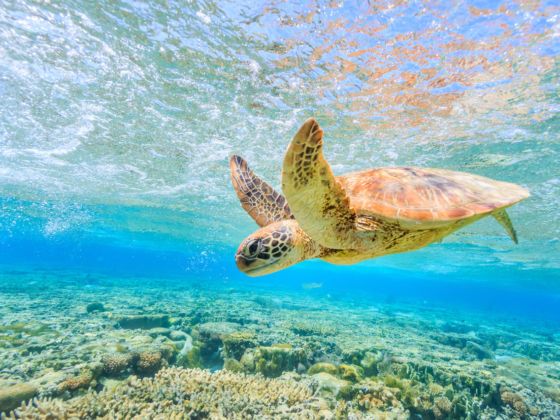We keep hearing stories about how animals are living their best lives amid worldwide lockdowns that are keeping humans indoors, and sea turtles are no exception. As beaches remain empty and the water is clearer than ever, sea turtles are safer and less prone to the negative effects of human behavior.
Sarah Hirsch, senior manager of research and data at Loggerhead Marinelife Center, told CBS News, “It’s going to be a very good year for our leatherbacks. We’re excited to see our turtles thrive in this environment. Our world has changed, but these turtles have been doing this for millions of years and it’s just reassuring and gives us hope that the world is still going on.”
